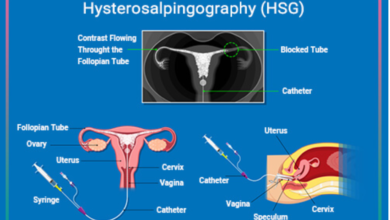Sex Hormone Binding Globulin (SHBG)

What is Sex Hormone Binding Globulin (SHBG) test?
SHBG is a protein produced by the liver that binds to sex hormones, primarily testosterone and estrogen. The amount of SHBG in the blood affects the levels of free (unbound) sex hormones, which are biologically active.
Why Sex Hormone Binding Globulin (SHBG) test is required?
An SHBG test may be ordered to:
- Evaluate hormonal imbalances related to fertility, menstrual irregularities, or andropause.
- Diagnose conditions such as polycystic ovary syndrome (PCOS) or hypogonadism.
- Monitor the effectiveness of treatments for hormonal disorders.
- Assess the risk of certain health conditions, such as heart disease or type 2 diabetes.
Which are the method of Sex Hormone Binding Globulin (SHBG) test?
The most common method for measuring SHBG levels is a blood test. A blood sample is drawn and analyzed in a laboratory.
Who should go for Sex Hormone Binding Globulin (SHBG) test?
Individuals who may benefit from an SHBG test include:
- Women with menstrual irregularities, infertility, or symptoms of excess androgen production.
- Men with symptoms of low testosterone, such as decreased libido or erectile dysfunction.
- People with known or suspected hormonal disorders.
- Those undergoing treatment for hormonal imbalances.
- Individuals at risk for certain health conditions, such as heart disease or type 2 diabetes.
What are the results of Sex Hormone Binding Globulin (SHBG) test?
The results of an SHBG test are typically expressed as a numerical value representing the concentration of the protein in the blood. Abnormal levels may indicate underlying health conditions. It’s important to consult with a healthcare provider to interpret the results and discuss appropriate next steps.
What are the components of Sex Hormone Binding Globulin (SHBG) test?
The SHBG test itself typically involves only a blood sample. However, it may be ordered in conjunction with other tests, such as testosterone, estrogen, or LH (luteinizing hormone), to provide a more comprehensive picture of hormonal function.





